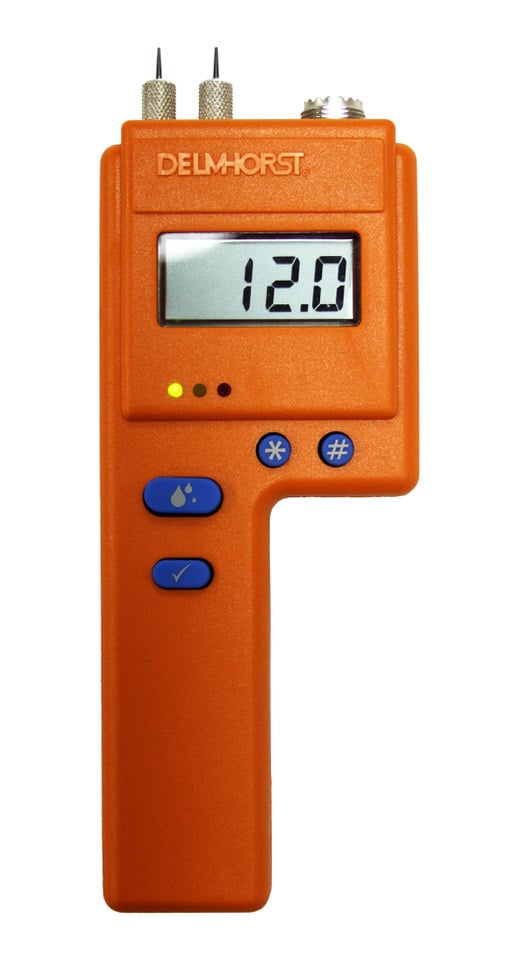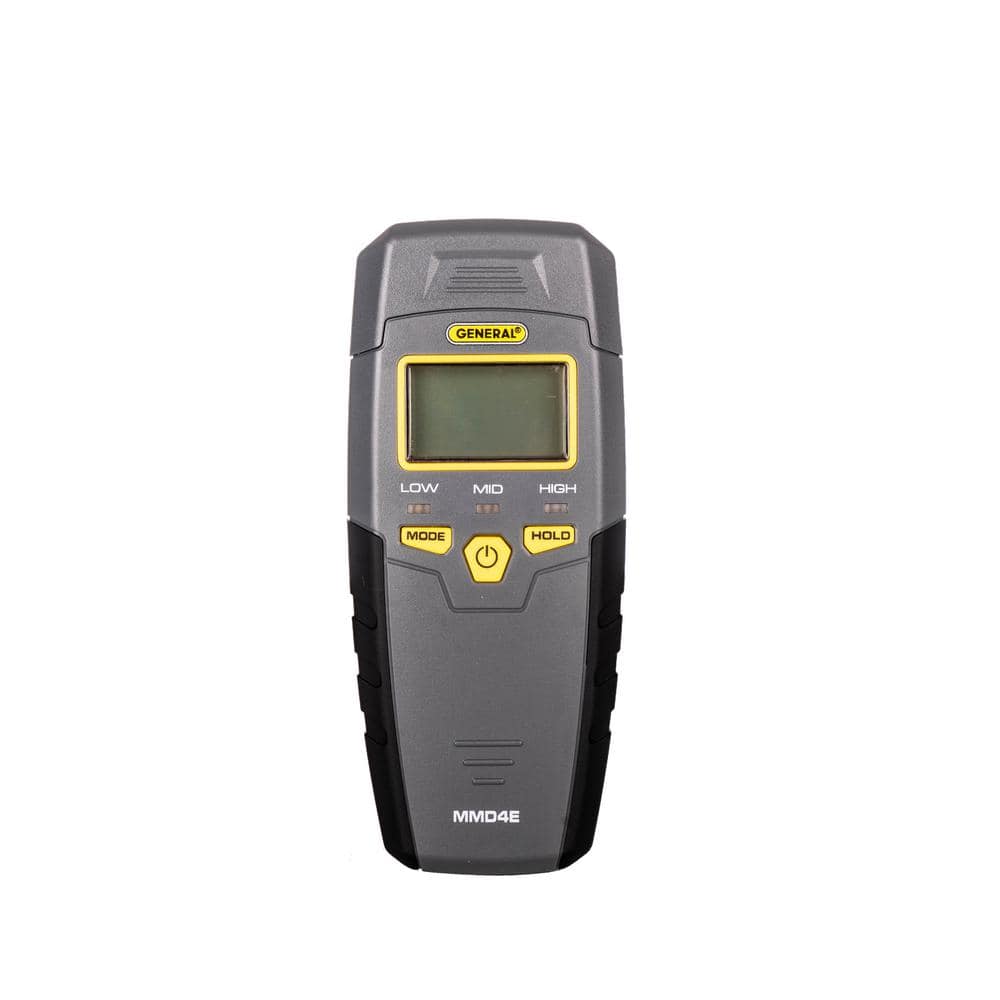Leading 10 Benefits of Using a Moisture Meter for Accurate Measurements in Your Home
Leading 10 Benefits of Using a Moisture Meter for Accurate Measurements in Your Home
Blog Article
The Ultimate Overview to Moisture Meters: A Comprehensive Review and Just How They Can Conserve You Money
Dampness meters serve as indispensable tools in discovering and keeping track of moisture material in products, helping in stopping costly problems and making certain the quality of products. Recognizing the nuances of various types of moisture meters, their applications, and the prospective cost-saving advantages they provide can be a game-changer for services and experts alike.
Kinds of Moisture Meters
One common kind is the pin-type wetness meter, which gauges the electrical resistance between 2 pins inserted into a product. Pinless dampness meters, on the other hand, use electromagnetic sensor plates to scan a larger area without creating damage to the material's surface area.

Infrared moisture meters determine the thermal properties of a product to establish its wetness material non-invasively, making them useful for applications where pin or pinless meters may not be ideal. Comprehending the various kinds of dampness meters offered can assist sectors choose the most appropriate tool for their certain dampness dimension demands.

Advantages of Using Wetness Meters
Dampness meters offer vital advantages in properly examining and keeping track of dampness levels in diverse products and environments. One of the main advantages of making use of dampness meters is the avoidance of potential damages triggered by excess wetness.
Furthermore, making use of wetness meters can lead to raised energy efficiency. In farming settings, dampness meters play a crucial function in enhancing crop returns by allowing farmers to check soil wetness degrees and make informed irrigation choices.
Exactly How to Select the Right Wetness Meter
When selecting a dampness meter, it's important to ensure that the meter is ideal for the certain material you will be testing. Various materials have varying electric homes that can affect dampness readings, so selecting a meter created for your material is vital for accurate outcomes. By meticulously reviewing these elements, you can choose a wetness meter that fulfills your requirements and provides precise dampness measurements for your tasks.
Proper Techniques for Wetness Meter Usage

Cost Savings Through Moisture Meter Applications
How can the calculated usage of moisture meters result in significant cost savings across various industries? Dampness meters play a crucial duty in price savings by avoiding possible damage and ensuring high quality control in various sectors. In the farming industry, wetness meters help in determining the optimal time for collecting plants, avoiding over-drying or excess dampness that can impact the last item's quality. This specific tracking helps farmers stay clear of unneeded losses and maximize their yield.
Likewise, in building and construction, wetness meters aid avoid pricey damages by detecting wetness degrees in building materials, such as timber or concrete, which can result in architectural concerns otherwise addressed quickly. By recognizing problem locations beforehand, professionals can take rehabilitative measures to stay clear of considerable repair work or substitutes, inevitably saving money and time.
In advice addition, in the food processing industry, wetness meters are essential for keeping an eye on item top quality and guaranteeing compliance with security laws. By properly gauging moisture content explanation in foodstuff, makers can protect against spoilage, maintain freshness, and decrease waste, causing substantial cost savings. In general, the tactical application of wetness meters is a useful financial investment that can cause considerable price decreases and boosted performance throughout numerous sectors.
Verdict
In conclusion, moisture meters are valuable tools for detecting and determining moisture degrees in different materials. By making use of the ideal dampness meter and complying with proper strategies, users can efficiently prevent pricey damages triggered by excess moisture.
Wetness meters offer as vital tools in identifying and monitoring moisture web content in materials, helping in preventing expensive problems and ensuring the high quality of items. Infrared wetness meters gauge the thermal properties of a material to determine its moisture web content non-invasively, making them useful for applications where pin or pinless meters may not be suitable.Moisture meters use vital advantages in precisely keeping an eye on and assessing dampness degrees in varied materials and environments. In farming settings, wetness meters find here play a critical function in enhancing crop yields by making it possible for farmers to monitor soil wetness degrees and make educated irrigation choices.In conclusion, wetness meters are important devices for measuring and spotting dampness degrees in different products.
Report this page